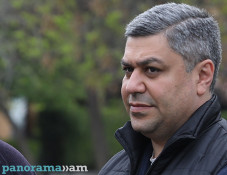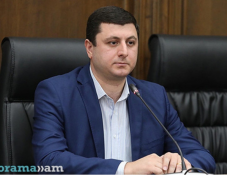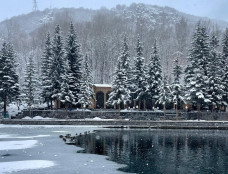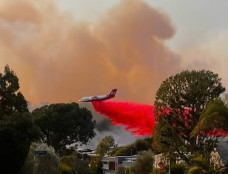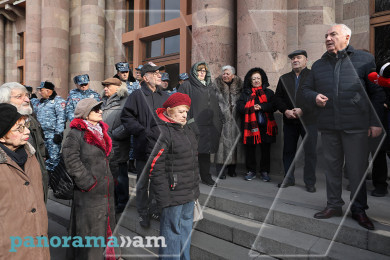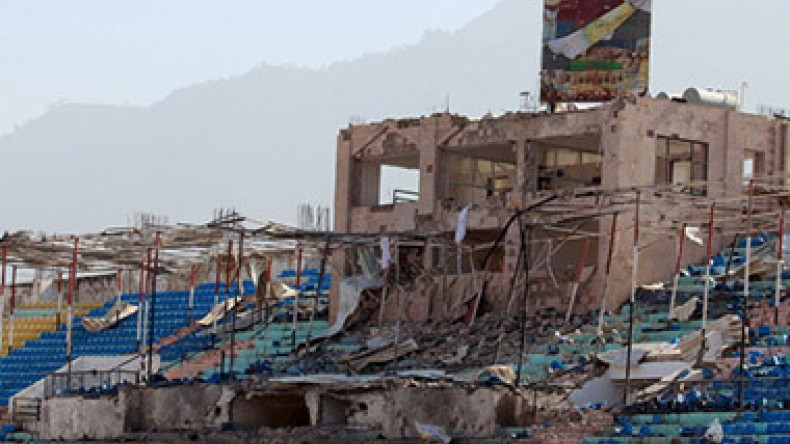
‘Yemen campaign may lead to bigger mess than Afghanistan’
While Saudi aims, except for sectarian warfare, remain uncertain, the Yemeni Houthis are fighting against al-Qaeda and IS, and if they suffer a defeat, the country will be controlled by extremist groups, Firat Demir of the University of Oklahoma told RT.
RT: What would you expect from a ground operation? Can it put a stop to the fighting?
Firat Demir: I doubt it. This is from day one sectarian warfare. The aims and the goals of the Saudi regime is quite unclear other than being sectarian and trying to suppress a Shia minority within Saudi Arabia, as well as in Yemen. The ground intrusion will make things worse. In Yemen students and civilians have been protesting against these so-called precision strikes from the air which are anything but precision, and bring what is called collateral damage, civilian deaths. And it is only a matter of time, not if things go wrong, but who will come to bailout Saudi Arabia from this mess.
RT: What's the most likely outcome of putting foreign boots on the ground in Yemen, more deaths?
FD: It is more deaths, especially if it is led by the so-called Sunni coalition. If you look at the intervention by Saudi Arabia - what it is aiming at? It is against the Shias, one the most discriminated and oppressed peoples within Saudi Arabia, as well as in Yemen.Who are they fighting against?
If you look at the Houthi rebels they are fighting against al-Qaeda and ISIS in Yemen which controls the majority of the country right now. So when the Houthis are out of the fight the whole country will be ruled by ISIS and al-Qaeda, and this will turn into a bigger mess than Afghanistan.
RT: The Saudis have been at the forefront of military action to push back the Houthi rebels. Why is Yemen so important to them?
FD: Because they see it as their backyard - that is one thing. Secondly, they have been voicing these claims for a long time. If you look at WikiLeaks, the US ambassador to Yemen informed Washington that despite the claims by the Saudis and the Yemeni government there is no connection whatsoever between Yemeni Houthis and Iran. And Iran is not providing either weapons or any other logistical support to these groups.
But right now the Saudis are bringing this to the forefront. We keep hearing in the media, especially in the US, that Iran has something to do with this. The only thing that I can find in terms of explaining why now is the latest settlement or peace deal negotiations with Iran to end the nuclear issue with Iran. Saudis do not want Iran to come back into international [politics] as a major regional power. You have to remember that Saudi Arabia is a much more backward country by any means than a country like Iran which is more of a middle class country. I think they are trying to prevent the arrival of Shia or Iranian power. Yemen is just being a proxy war ground, and civilians are paying the price over the Saudi insistence that the Iranians should be out of anything involving Middle East politics.
RT: The US has long been a staunch ally of Saudi Arabia. How far is it willing to go in its support for this Saudi led attack against the Houthi rebels?
FD: I think the US is quite reluctant especially the Obama administration with this. They are very aware of what is going on and that is why they are just limiting their help with logistical [support] and probably in terms of location of the strikes of the Saudis.
But we have to remember Saudi Arabia is the number one oil producer in the world, and it’s a proxy regime since the days of the British Empire that brought the Saudi family to power. After all, the country is named after the ruling tribal groups, the House of Saud. The US, I think there are limits in terms of how far they can go in terms of helping the Saudis. But if the Yemeni crisis spills over and [gets] to Saudi Arabia, I am afraid the US will have to step in.
I’m hoping that the UN Security Council will do something before that seeing this may escalate into major warfare, especially given that Yemen controls the entry and exit of one of the major oil shipment routes in the world. And if it spreads to Saudi Arabia then they will have to step in to save or rescue the Saudi regime which will be much most costly to do. Instead right now is the time to step in and stop the warfare and attacks by Saudi groups on Yemen, bring both sides to the negotiating table, and accept the settlement that might not satisfy either side fully, but at least will bring stability to the country for now. Otherwise, it will fall into a failed state which already, I think, is a failed state.
Newsfeed
Videos







